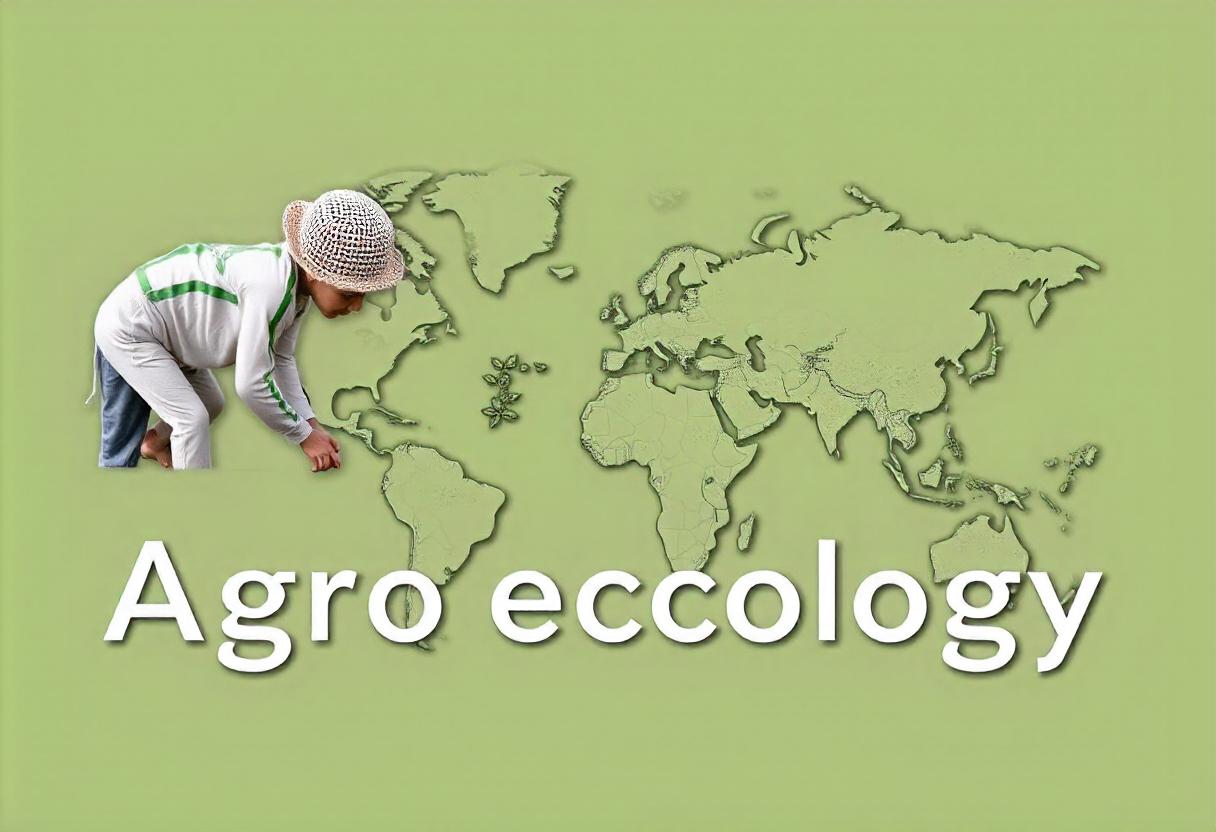
Agroecology is an approach to farming that integrates ecological principles with agricultural practices. It focuses on creating sustainable and resilient farming systems by working with nature rather than against it. Agroecology seeks to promote biodiversity, enhance soil fertility, and reduce dependence on chemical inputs.
The Principles of Agroecology
Agroecology operates on several core principles that differentiate it from conventional farming. These principles are based on ecological processes and include diversification, recycling of resources, and maintaining ecological balance.
- Biodiversity: Encouraging a variety of plants and animals within the farm ecosystem supports natural pest control and improves soil health.
- Synergy: Plants, animals, and humans interact in ways that promote the resilience of the system as a whole.
- Recycling Resources: Agroecology emphasizes minimizing waste by recycling nutrients and organic matter, reducing the need for external inputs.
- Resilience: Agroecological systems are designed to be resilient to environmental stressors, such as climate change, pests, and diseases.
Agroecological Practices
Agroecological practices are diverse and vary depending on the local context. They include a range of traditional and innovative farming techniques that align with ecological principles.
- Crop Diversification: Instead of monoculture, farmers grow a variety of crops, which helps to break pest and disease cycles and enhances biodiversity.
- Agroforestry: This practice integrates trees and shrubs into crop and livestock systems to provide shade, reduce erosion, and improve soil fertility.
- Organic Farming: Using natural inputs like compost and manure, farmers avoid synthetic fertilizers and pesticides, enhancing soil health and biodiversity.
- Polyculture: Planting multiple species in the same space allows plants to benefit from each other, improving soil structure and pest control.
Benefits of Agroecology
Agroecology offers multiple benefits that extend beyond the farm and contribute to broader environmental and social goals.
- Environmental Sustainability: By reducing reliance on synthetic inputs and promoting biodiversity, agroecology helps mitigate the impacts of agriculture on ecosystems.
- Improved Soil Health: Practices like crop rotation and organic farming improve soil structure and fertility, reducing the risk of soil degradation.
- Resilient Food Systems: Agroecology enhances the resilience of farming systems to climate change and other environmental challenges.
- Economic Viability: Agroecological systems can reduce the cost of farming by minimizing the need for external inputs, while also providing farmers with diverse sources of income.
Agroecology and Climate Change
One of the significant challenges facing agriculture today is climate change, which is causing unpredictable weather patterns and increasing the frequency of extreme events. Agroecology offers a climate-resilient approach to farming.
By promoting practices such as crop diversification, agroforestry, and soil conservation, agroecology helps to buffer the impacts of climate change. It also contributes to climate change mitigation by sequestering carbon in soils and reducing greenhouse gas emissions associated with synthetic fertilizers and pesticides.
Agroecology in the Global Context
Agroecology is increasingly recognized as a viable solution to some of the most pressing challenges facing global food systems. International organizations, including the United Nations, have highlighted the potential of agroecology to contribute to food security, biodiversity conservation, and climate adaptation.
In many parts of the world, small-scale farmers have been practicing agroecological principles for centuries. These traditional knowledge systems are now being integrated with modern scientific research to create innovative farming practices that are sustainable and resilient.
Agroecology and Food Sovereignty
Agroecology is closely linked to the concept of food sovereignty, which emphasizes the rights of people to control their own food systems. By empowering farmers to use locally adapted, sustainable practices, agroecology supports communities in achieving greater self-sufficiency and reducing dependence on global markets.
Food sovereignty also emphasizes the importance of local knowledge and culture in shaping food systems, aligning with agroecology’s emphasis on context-specific, farmer-led innovation.